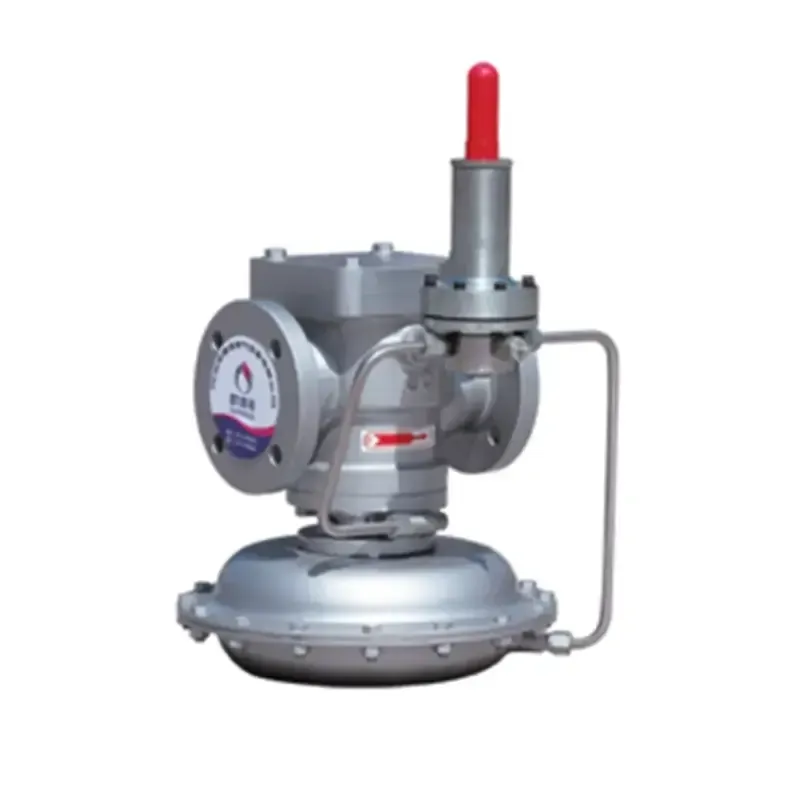
Dec . 10, 2024 16:34
Back to list
Understanding Coalescing Filters for Efficient Data Processing and Management Techniques
The Coalescing Filter An Essential Component in Fluid Management
In the world of fluid management and industrial processes, the importance of maintaining fluid quality cannot be overstated. One key component that plays a crucial role in ensuring the integrity of fluids is the coalescing filter. Designed to separate water and other contaminants from fuels, oils, and other liquids, the coalescing filter is essential in various industries, including automotive, aviation, and manufacturing.
Understanding Coalescing Filters
A coalescing filter operates on a simple yet effective principle it utilizes the process of coalescence to remove small particles and water droplets from liquid fuels and oils. The term coalescence refers to the phenomenon where small droplets merge to form larger droplets. In this process, the filter elements capture the smaller droplets suspended within the fluid, allowing them to coalesce into larger droplets that can be easily separated from the main fluid stream.
These filters are typically composed of a multi-layered media that provides a large surface area for effective filtration. The media might be made from synthetic fibers or other materials that enhance the coalescing process. As the contaminated fluid flows through the filter, water and particulates are trapped, while the cleaner fluid continues to pass through.
Applications of Coalescing Filters
Coalescing filters find applications in a wide array of industries. In the automotive sector, for example, they are used to purify diesel fuel before it reaches the engine. Contaminants such as water, dirt, and microbial growth can severely impact engine performance, leading to breakdowns and increased maintenance costs. By incorporating coalescing filters into the fuel system, operators can ensure that the fuel is clean and free from harmful impurities.
In aviation, the stakes are even higher. Jet fuel must be meticulously purified to prevent microscopic water droplets from causing engine malfunctions at high altitudes. The aviation industry adheres to strict safety regulations that necessitate the use of coalescing filters to maintain fuel quality throughout the supply and distribution chain.
Similarly, in manufacturing processes that use oils and lubricants, coalescing filters are critical for ensuring that machinery operates smoothly and efficiently. Contaminants can lead to increased friction and wear, resulting in costly downtimes and repairs. By removing particles before they enter critical systems, coalescing filters help maintain operational integrity.
coalescing filter

Benefits of Coalescing Filters
The benefits of coalescing filters extend beyond mere contamination removal. One significant advantage is their ability to improve the overall efficiency of fluid systems. Clean fuel and oils enhance combustion efficiency, leading to better energy utilization and reduced emissions. This is particularly important in today's environmentally conscious market, where reducing carbon footprints is a priority for many companies.
Moreover, coalescing filters contribute to the longevity of equipment. By preventing contaminants from entering delicate components, these filters reduce wear and tear, thereby minimizing maintenance costs and extending the lifespan of machinery. This preventative approach is not only cost-effective but also enhances productivity by reducing unexpected downtime.
Maintenance Considerations
While coalescing filters are vital for maintaining fluid integrity, they are not maintenance-free. Regular monitoring and replacement of filter elements are necessary to ensure optimal performance. The frequency of replacement depends on several factors, including the type of fluid being filtered, the level of contamination, and the throughput of the system.
Furthermore, operators should be aware of the signs indicating that a coalescing filter requires servicing, such as pressure drops across the filter media or a decrease in fluid flow rates. Proactive maintenance can prevent system failures and ensure that the benefits of these filters are fully realized.
Conclusion
In conclusion, coalescing filters are an essential component of fluid management across various industries. They play an indispensable role in ensuring the quality and integrity of fuels and lubricants, ultimately enhancing operational efficiency and equipment longevity. As industries continue to prioritize clean and efficient processes, the significance of coalescing filters will only grow, making them a critical investment for future success.
Next:
Latest news
-
Safety Valve Spring-Loaded Design Overpressure ProtectionNewsJul.25,2025
-
Precision Voltage Regulator AC5 Accuracy Grade PerformanceNewsJul.25,2025
-
Natural Gas Pressure Regulating Skid Industrial Pipeline ApplicationsNewsJul.25,2025
-
Natural Gas Filter Stainless Steel Mesh Element DesignNewsJul.25,2025
-
Gas Pressure Regulator Valve Direct-Acting Spring-Loaded DesignNewsJul.25,2025
-
Decompression Equipment Multi-Stage Heat Exchange System DesignNewsJul.25,2025

